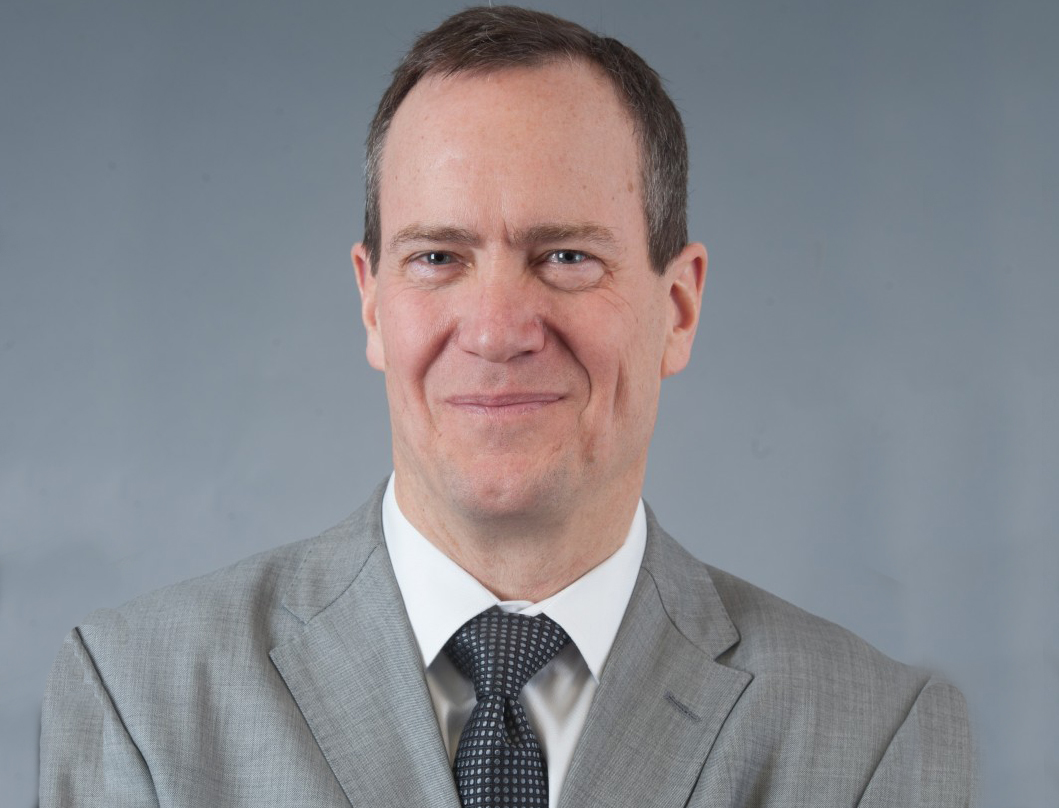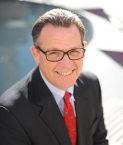I often talk about the importance of scientific discovery. As a physician-scientist, I am dedicated not only to my own research and trainees, but to safeguarding the future of medical research by building programs that will help our department to recruit and mentor young physician-scientists.
Some of the best news is that there has never been a more exciting time for scientific inquiry. The tools for interrogating the genome, biochemicals, cell biology, gene editing and electronically curated clinical data that are readily available today would have been science fiction only a decade ago. These capabilities are supported by a remarkable, accomplished and generous faculty who, in many cases, lead the world in scientific discovery and clinical innovation. Finally, our talent pipeline of trainees is unsurpassed. Drs. Robert Brodsky, Ramana Sidhaye and Rachel Damico lead our Physician-Scientist Pathway that is a resource for our Osler and Bayview residencies. Because of all these things, I am very optimistic about the future our Hopkins physician-scientist and scientist culture.
Despite the good news, there remain substantial obstacles for our trainees, as they march the path toward independence. One of the early challenges is lack of funding to catalyze early, grant-worthy discoveries during training. I am very grateful that generous donors have stepped forward to meet some of this need.
In addition to his original $1M gift that currently supports three scholars in the Osler Medical Training Program, Dr. Mario Molina recently increased his contribution to fund two additional scholars in the next academic year. Dr. Molina, Osler graduate, leader of the Osler Board, Golden Shore Medical Group President, Trustee of Johns Hopkins Medicine, scholar and bibliophile, recently commented on his gift for the Medicine Matters blog:
“The program in internal medicine has, since inception, been regarded as one of the finest in the country, if not the entire world. Much of the progress in medical science has come about because of the doctors and scientists trained at Hopkins. Long before the National Institutes of Health existed, Hopkins faculty and fellows led the way in scientific discovery. Federal funding for residency programs and postgraduate research by young physicians has not kept pace with the needs in recent years. For Hopkins to maintain the kind of program that we have all come to expect, especially as it relates to physician-scientists, other sources of funding are needed. We can’t simply rely on federal funds. My gift was made to provide funding to allow Hopkins Medicine to remain not only attractive to young physician-scholars, but to be competitive as well. If we are successful, we will continue to fill the Alan Mason Chesney archives with significant publications that reflect the Department of Medicine’s contributions to important scientific work and the translation of those discoveries into bedside medicine that benefits all patients.”
Dr. Molina’s gift was recently fortified by Dr. Nancy Grasmick, Maryland's first female State Superintendent of Schools, who established the Lou and Nancy Grasmick Physician-Scientist Scholarship Fund with a $1M investment in training physician-scientists.
Although your financial contributions, too, are welcome, you don’t have to donate money to support research within the department. Here I am asking you to join us at the joint Department of Medicine/ Whiting School of Engineering Research Retreat on Friday, March 1 in Turner Auditorium. This is the second year of our joint program; thanks to our Research Retreat committee the inaugural was very successful, with over 700 attendees. This program is even more exciting, with great speakers and hot science.
Thank you for your support of research and discovery in our Department of Medicine.
-Mark
Register by Wednesday, February 27 to receive a lunch ticket: https://www.hopkinsmedicine.org/Medicine/research/retreat-2019.html

